Emu Oil: Benefits, Ethics, and a Plant-Based Alternative
What Is Emu Oil?
Emu (Dromaius novaehallandiae) are flightless birds native to Australia. Indigenous populations use the oil in traditional remedies. Recently, there has been a lot of interest in the potential health benefits of consuming emu meat, fat, and using emu oil for skincare purposes. Emu oil contains linoleic acid, linolenic, myristic, oleic, palmitic, palmitoleic, and stearic acids. Unsaturated fatty acids, predominantly oleic, are found in the highest levels.
Emu Oil Benefits
All this attention is because emu oil is high in polyunsaturated fatty acids and antioxidants. In addition, it is a potent anti-inflammatory. It is thought to have potential medicinal benefits for various inflammatory diseases, digestive diseases, and improved wound healing. Capsules are available for people who choose to consume the oil. However, there is no convincing scientific evidence for emu oil to be used as a medicine. As a result, the FDA released a warning that medical drug claims about emu oil are fraudulent and unapproved.
Cosmetically, emu oil is thought to enhance ingredient penetration, have insect-repelling properties, prevent hair breakage, and improve scalp itch/flakes. In addition, there is some feeling that emu oil for eczema and other inflammatory skin conditions can be helpful - particularly for reducing redness and soothing irritation.
Emu oil for the skin functions as an emollient, which moisturizes deeply. It also improves hydration by preventing transepidermal water loss. The chemical structure and effects on the skin are similar to mineral oil.
How Is Emu Oil Extracted?
A layer of fat exists under the skin, primarily on the back of the bird. These birds are usually farmed so that their oil, and sometimes their meat, can be used after they are killed. Since emu fat is taken after the animal has died, skincare products containing it are not cruelty-free. Once extracted, the oil is purified and refined. It tends to be a thick, viscous, oily liquid.
Is Emu Oil Ethical?
While we hope the birds are farmed and killed humanely, this is not a cruelty-free ingredient. We respect traditional medicine knowledge and practices, but would rather find plant-based options. Emu oil is safe, but the medical claims are unproven. Additionally, there is not much market for emu meat for consumption, so often the animal is killed only for the fat.
Bottom line: no, emu oil is not considered an ethical ingredient. The animal is farmed (high carbon footprint), then killed, and then a huge percentage of the animal is often discarded as waste.
Is There A Vegan Alternative?
Yes!
Despite the benefits of emu oil, many people prefer plant-based ingredients. You don't have to be a vegan to want to avoid killing animals for your skincare needs. Although emu oil anti inflammatory effects exist, they likely aren't unique and can be found in other topical carrier oils and natural products.
Emu oil is used for the skin because it's an occlusive emollient with anti-inflammatory, non-irritating, and non-comedogenic properties. These properties can be matched or mimicked using plant-based ingredients with oleic acid, a hydrocarbon chemical structure, or a natural wax.
- Squalane (plant-based) is a hydrocarbon which means it's similar to mineral oil. It's an occlusive emollient that won't clog pores and is an excellent alternative to petrochemicals.
- Jojoba oil has lots of oleic acid. It locks in moisture and usually won't clog pores because of its similarities to your natural sebum. Although it's called jojoba oil, its chemical structure is a wax, which gives it the properties needed to compete against emu oil.
- Shea butter is high in oleic acid and a powerful moisturizer for dry skin. The bonus is that it's less likely to clog pores than other butters, so many people can use it on their faces.
- Candelilla wax can be melted with the above ingredients to create a balm or salve. Adding wax increases the occlusive properties of the final product. Candelilla is both vegan and non-comedogenic.
Based on what is known about emu oil, a mixture of the above four ingredients would have similar properties and skin benefits.
If you’re looking for an emu oil substitute, this is a simple DIY recipe to try;
Faux-Emu Oil Salve
It's best to use a kitchen scale (for grams). Just combine everything and melt it over low heat using a double boiler.
You can adjust the hardness by adjusting the wax levels up or down, but this will be a soft salve used on hands or face.
Though not liquid at room temperature, this emu oil substitute can be used as a facial oil or balm. It will have a heavy texture, so you may prefer to use it as a night mask.
If you have oily skin and are worried about clogged pores, decrease the shea butter to 5g, decrease the jojoba oil to 10g, and increase the squalane to 75g. That said, these ingredients are not usually culprits for clogging pores and should be great for most people with most skin types.
References:
Jeengar MK, Kumar PS, Thummuri D, Shrivastava S, Guntuku L, Sistla R, Naidu VG. Review on emu products for use as complementary and alternative medicine. Nutrition. 2015 Jan;31(1):21-7. doi: 10.1016/j.nut.2014.04.004. Epub 2014 Apr 19.
Drugs and Lactation Database (LactMed) [Internet]. Bethesda (MD): National Library of Medicine (US); 2006–. Emu Oil. 2021 Jul 19.
Whitehouse MW, Turner AG, Davis CK, Roberts MS. Emu oil(s): a source of non-toxic transdermal anti-inflammatory agents in aboriginal medicine. Inflammopharmacology. 1998;6(1):1-8.
Attarzadeh Y, Asilian A, Shahmoradi Z, Adibi N. Comparing the efficacy of Emu oil with clotrimazole and hydrocortisone in the treatment of seborrheic dermatitis: A clinical trial. J Res Med Sci. 2013;18(6):477-481.
Dr. Heather Smith developed her love for skinimalism and clean beauty years ago when she began making home remedies for her newborn's eczema. She is an expert in natural ingredients and active botanicals and has now launched bareLUXE Skincare - a full line of effective oil serums. She dedicates this blog to consumers who are researching ingredients and working to make their beauty ritual more natural and sustainable.

MEDICAL DISCLAIMER
This content is for informational and educational purposes only. It is not intended to provide medical advice or to take the place of such advice or treatment from a personal physician. All readers/viewers of this content are advised to consult their doctors or qualified health professionals regarding specific health questions. Neither Dr. Smith nor the publisher of this content takes responsibility for possible health consequences of any person or persons reading or following the information in this educational content. All viewers of this content should consult their physicians about their skincare concerns and routines.


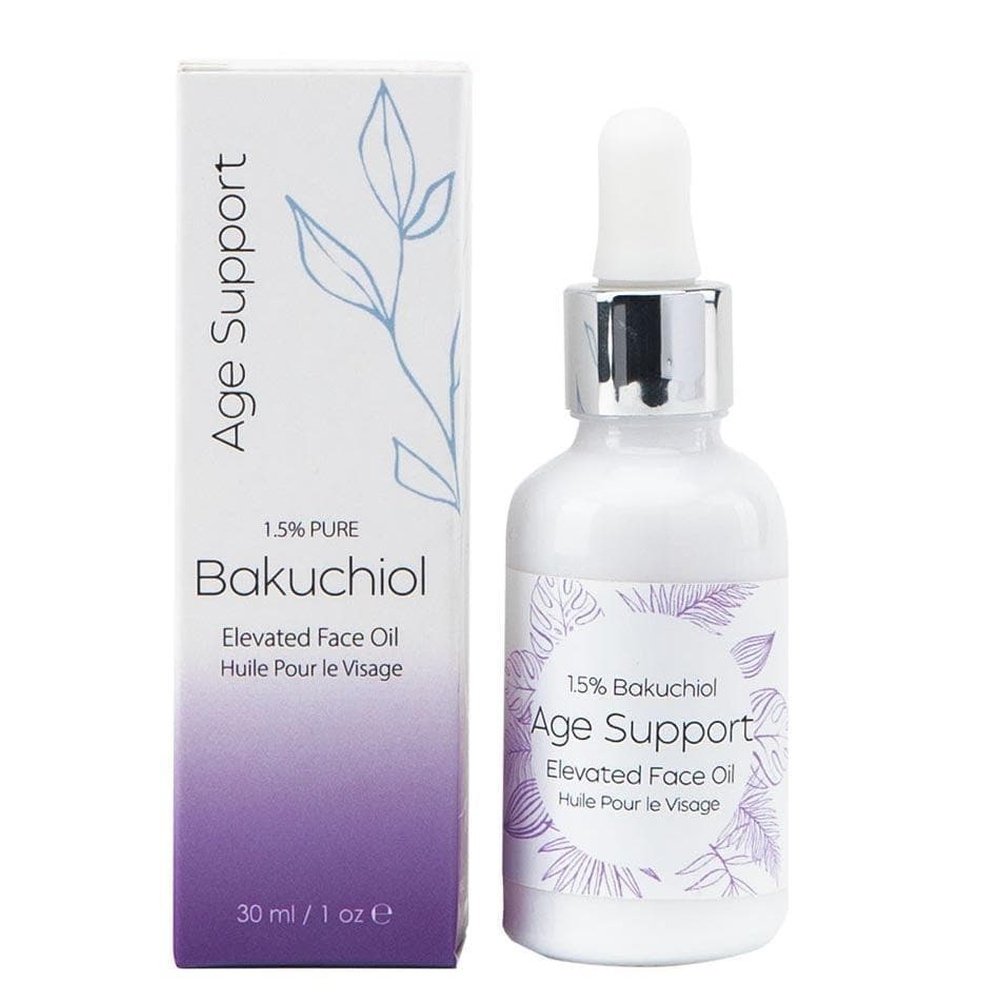
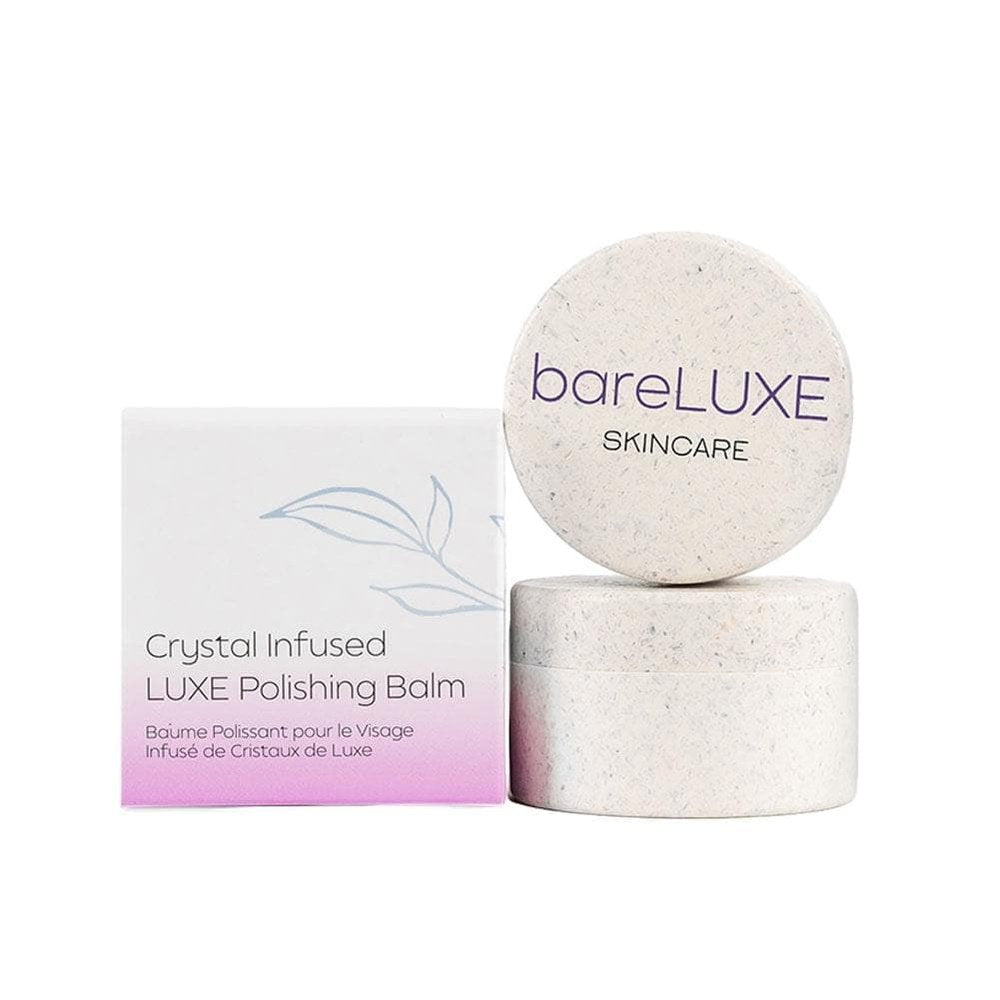
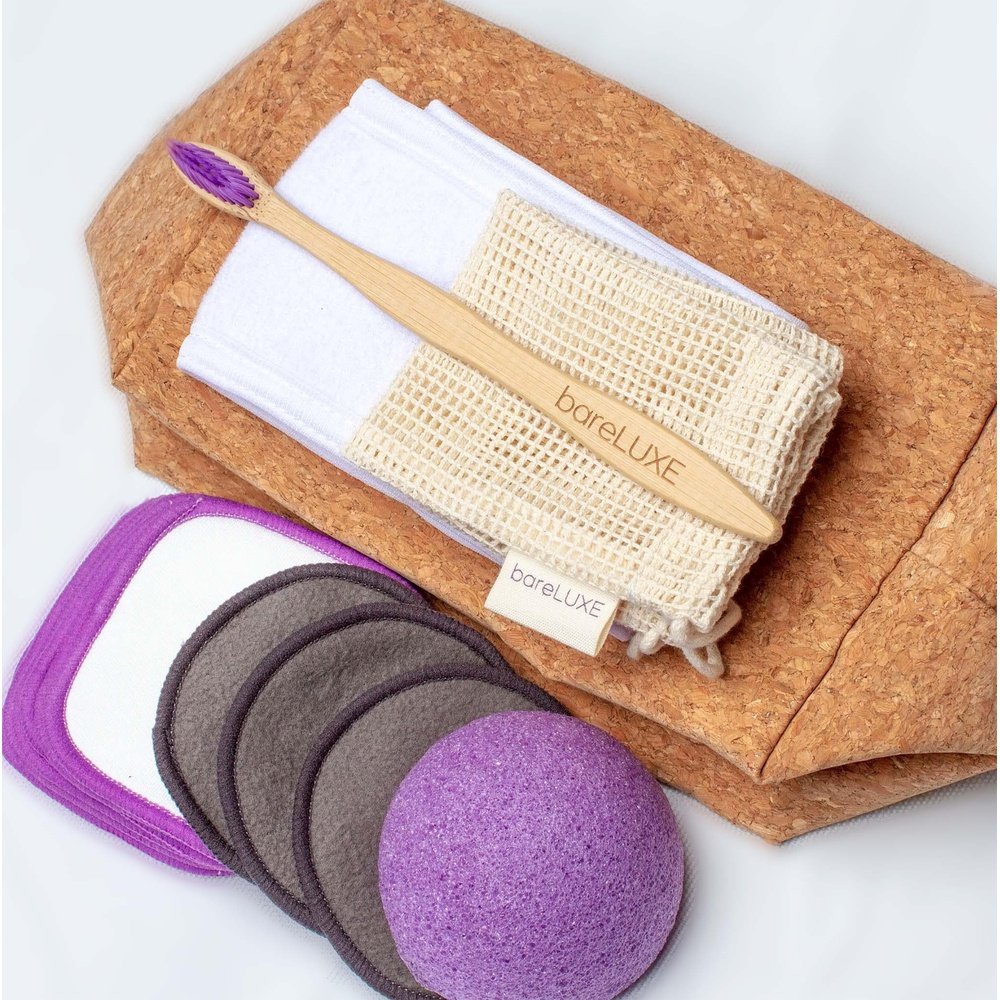
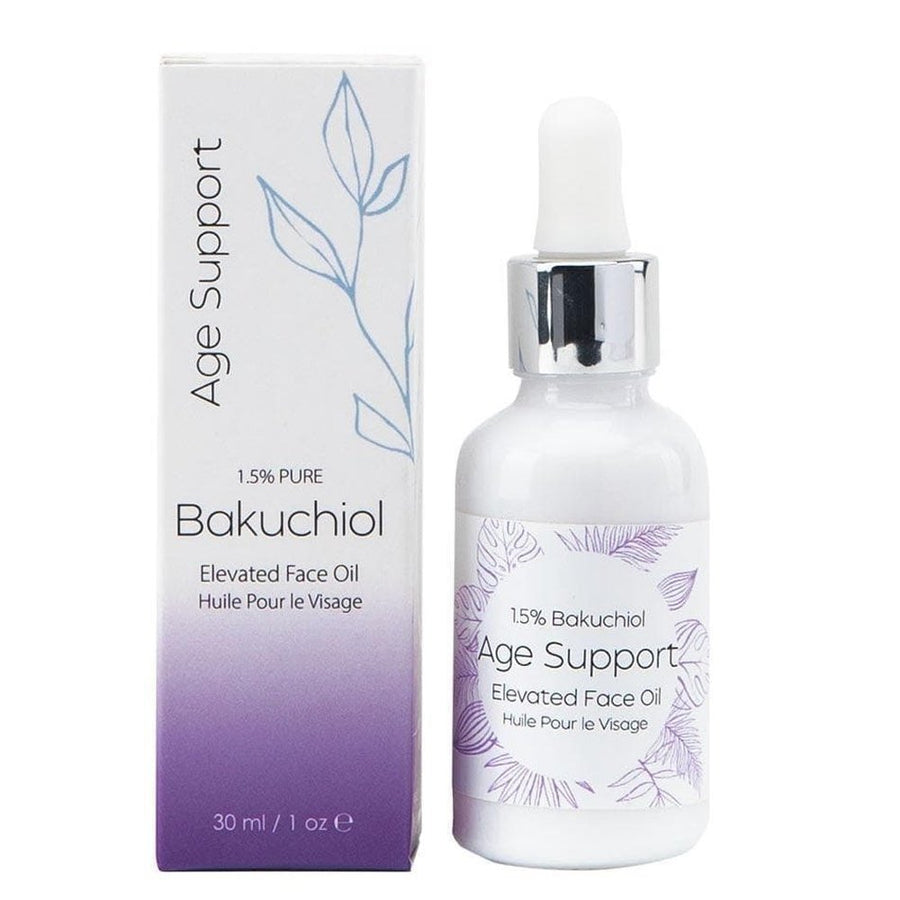
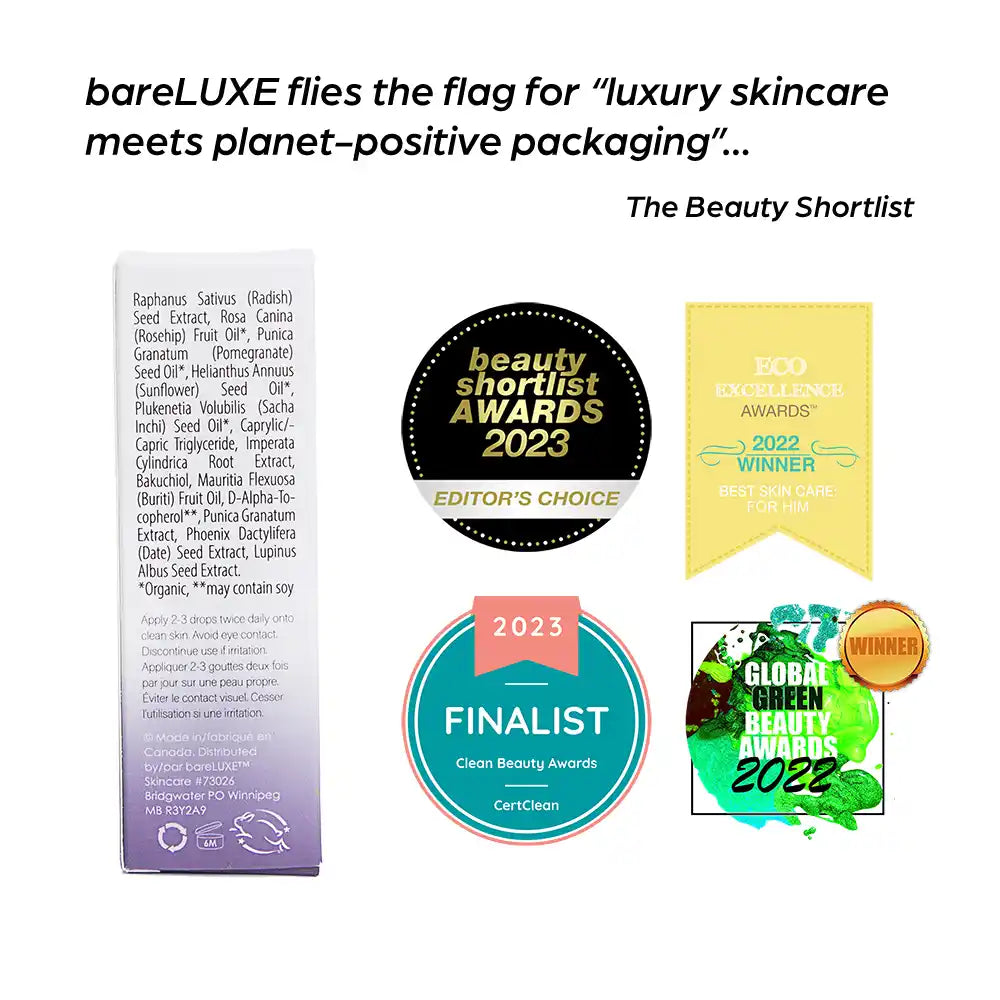
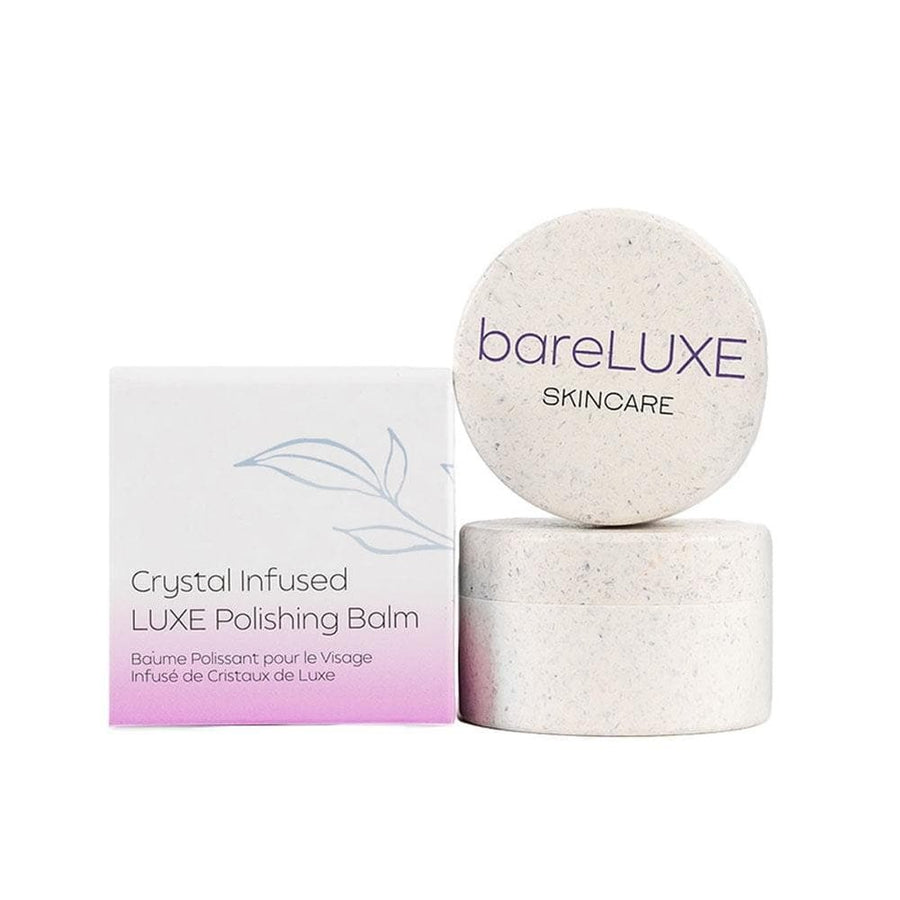
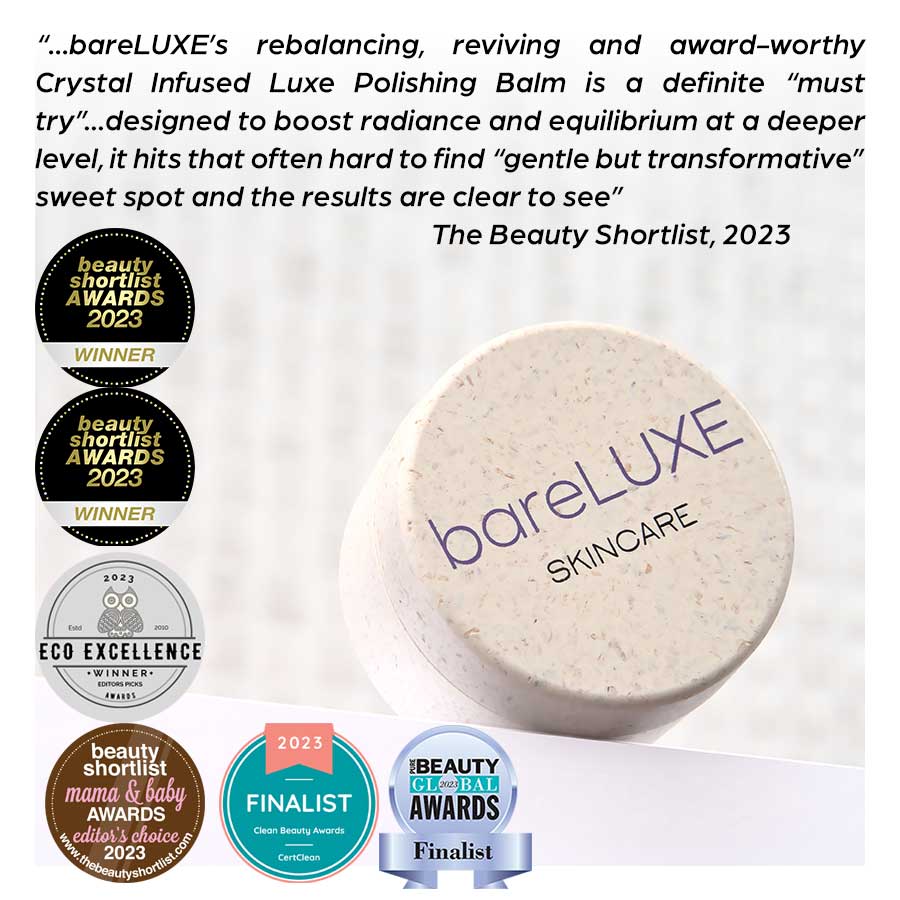
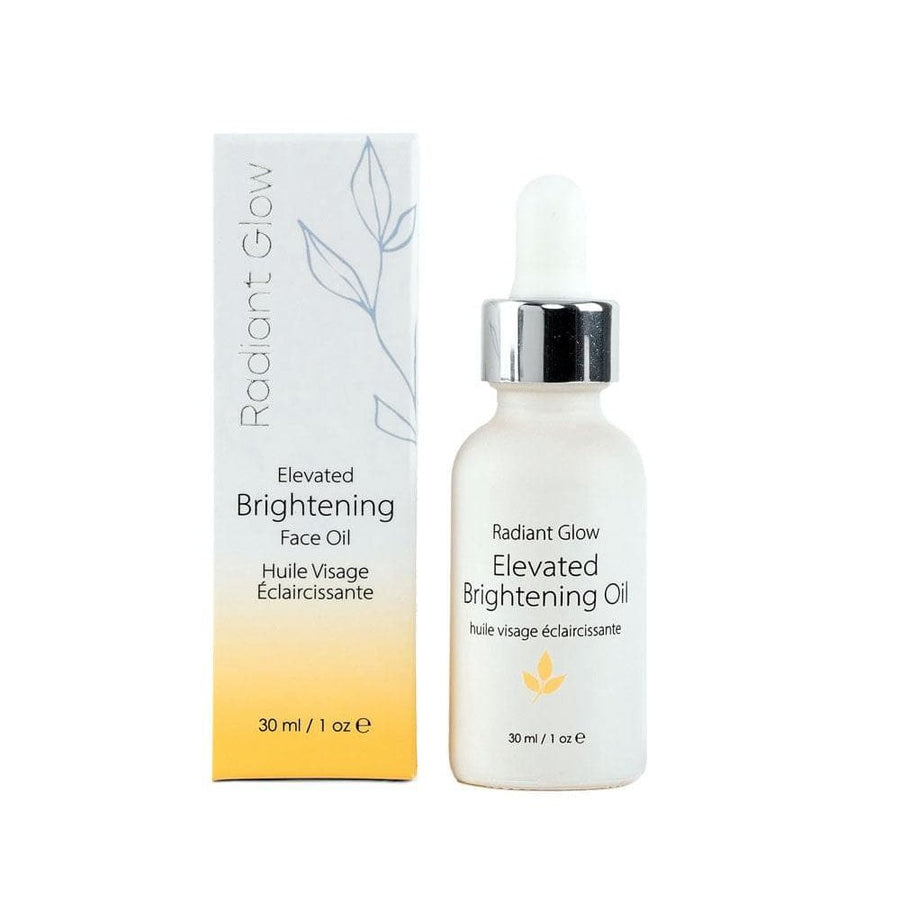
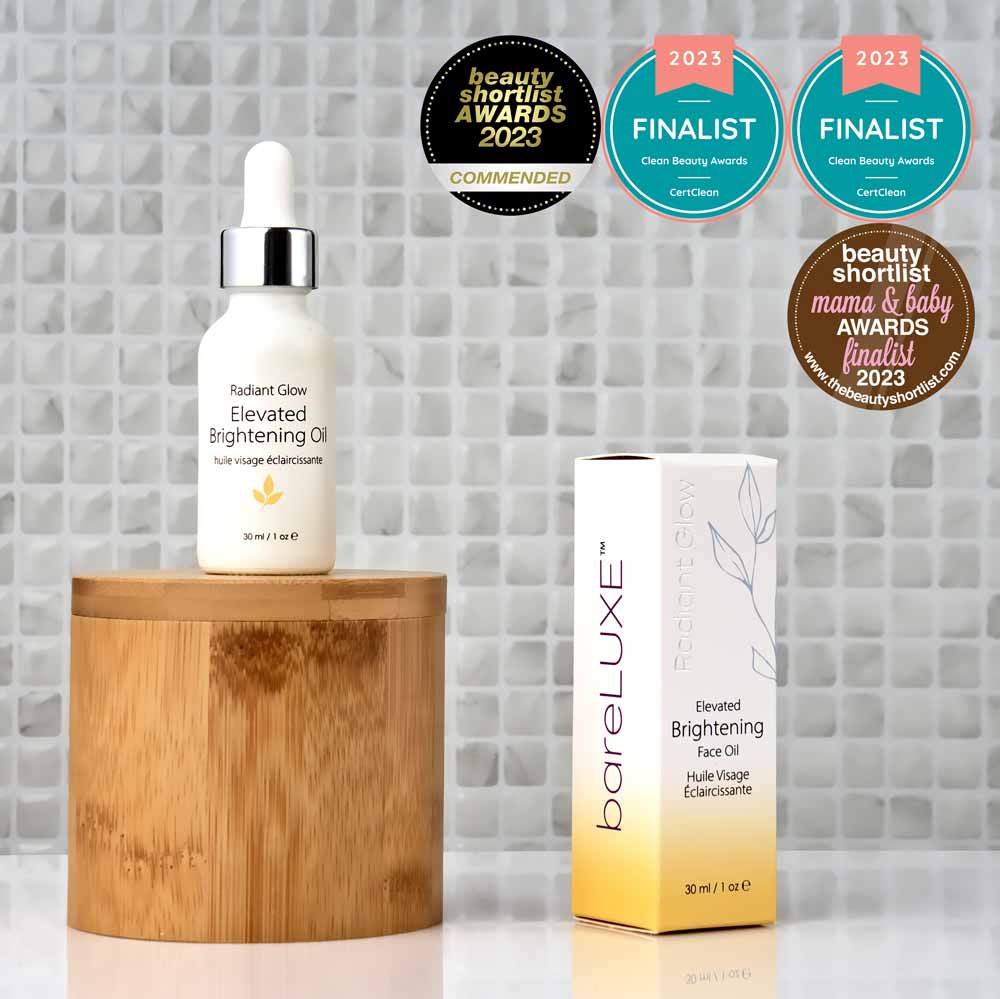
Leave a comment